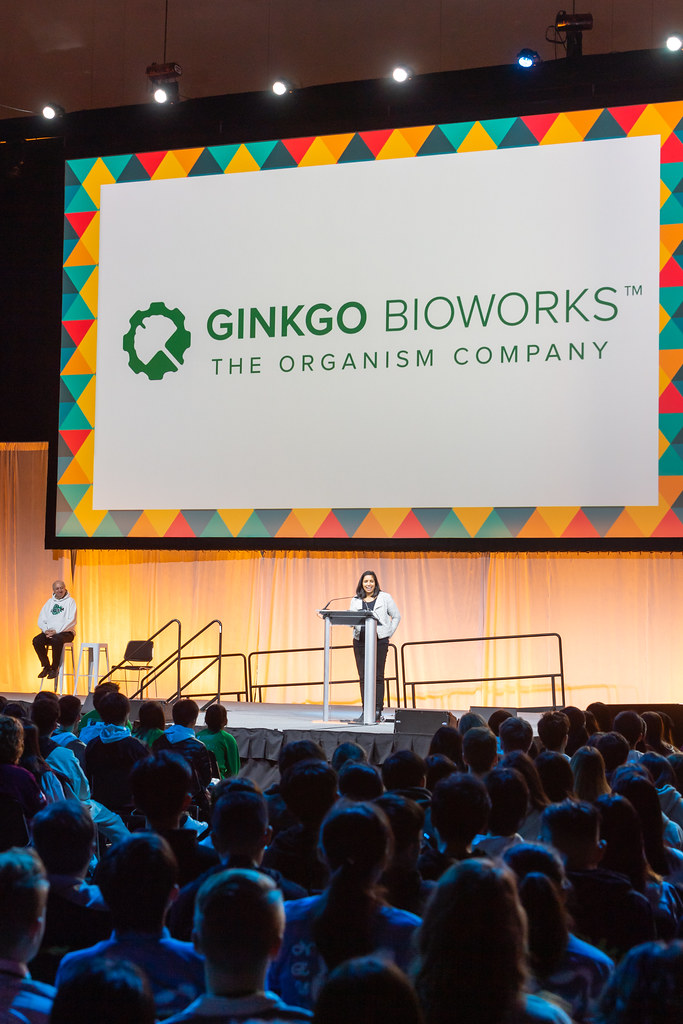Aggregated News

BOSTON — Two white-coated lab technicians, seated at work stations in a corner, are vastly outnumbered by the machines. Robotic arms calibrate liquids in microdrops. Small trays, with 96 tiny wells each, shuttle around the lab on magnetic tracks. Centrifuges whir. Gene sequencers hum.
The highly mechanized lab — operated by Ginkgo Bioworks, a fast-growing start-up in Boston — is an engine room of synthetic biology, an emerging field that applies the tools of engineering and computing to make entirely new organisms or genetically turbocharge existing ones.
Proponents of synthetic biology say the field could reprogram biology to increase food production, fight disease, generate energy and purify water. The realization of that potential lies decades in the future, if at all. But it is no longer the stuff of pure science fiction because of advances in recent years in biology, computing, automation and artificial intelligence.
Money is pouring into the field. Research universities, government agencies and major chemical and pharmaceutical corporations like Bayer and Merck are pursuing projects in the area. Yet so are...



